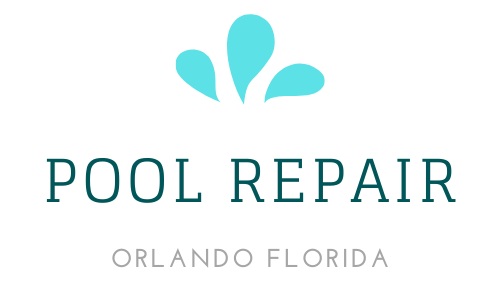Owning a swimming pool is the dream for many homeowners. On a hot day, nothing beats the luxury of taking a refreshing dip in your own backyard. But with the pleasure of having a pool comes the responsibility of its maintenance. The heart of your pool’s circulation system is its pump, and just like any piece of equipment, it can face issues over time. Recognizing the signs that your pool pump needs expert attention can save you time and money and prevent more significant issues down the road.
1. Loud or unusual noises
One of the most noticeable signs that something may be amiss with your pool pump is when it starts making loud or unusual noises. A well-functioning pump should operate relatively quietly. If you start hearing grinding, humming, or screeching sounds, it’s a telltale sign that a component of the pump may be malfunctioning or that there is debris causing an obstruction.
2. Reduced water flow
Your pool’s water should circulate efficiently, keeping it clean and well-filtered. If you notice that the water flow has decreased or if your pool is not as clean as it used to be, this can be an indicator of a problem with the pump. Reduced water flow can be due to clogged baskets, impellers, or even a failing motor. Regularly checking for obstructions and ensuring that the pump is in good working order is essential for maintaining good water flow.
3. Air in the Pump or Filter
When you inspect the pump’s basket or the filter’s sight glass and see a significant amount of air or bubbles, this may indicate a leak in the suction side of the pump. Air leaks can reduce the efficiency of the pump and, over time, can lead to more significant problems, including damage to the pump’s internal components.
4. Visible leaks around the pump
While a little dampness around the pump may be due to splashes or condensation, if you consistently see puddles of water or wet spots, it’s a clear indication that your pump is leaking. Leaks can occur due to worn-out seals, gaskets, or other faulty components. It’s crucial to address leaks promptly, as they can lead to larger issues and potential damage to the equipment and surrounding area.
5. Frequent Tripping of the Circuit Breaker
Electrical issues can sometimes cause the circuit breaker associated with your pool pump to trip frequently. If you find yourself consistently resetting the breaker, it may be an indication of an electrical problem with the pump. Electrical issues are particularly concerning because they can pose a safety hazard.
6. The pump doesn’t prime.
Priming is when your pump fills with water and starts pushing it through the system. If your pump fails to prime, it will run dry, which is harmful to the equipment. Several issues can prevent a pump from priming, such as blockages, leaks, or motor problems.
7. The Age of the Pump
Even the best-maintained pool pumps have a finite lifespan. Most pumps are designed to last for several years, but as they age, components can wear out, and the risk of malfunction increases. If your pump is reaching the end of its expected life and is showing signs of wear and tear, it might be time to call an expert for a thorough evaluation.
Why avoid DIY solutions?
While it might be tempting to try and diagnose or even fix pool pump issues on your own, especially if you’re handy, it’s advisable to resist the urge. Pool pumps are intricate machines, and without the right expertise, tools, and parts, you risk causing more harm than good. Improper repairs can lead to more significant, costlier problems in the future or even potential safety hazards.
Moreover, many pool equipment manufacturers have specific warranty stipulations that require professional servicing for claims to be valid. Trying to fix an issue yourself might void your warranty, making it even more costly if a replacement part or unit is required.
Conclusion
Your pool pump is an invaluable part of your pool system. Recognizing the signs that it needs expert attention and acting on them promptly ensures that you get the most out of your pool with the least hassle. Remember, the health of your pool pump directly influences the health and quality of your pool water, so never underestimate the importance of regular checks and timely professional intervention.
